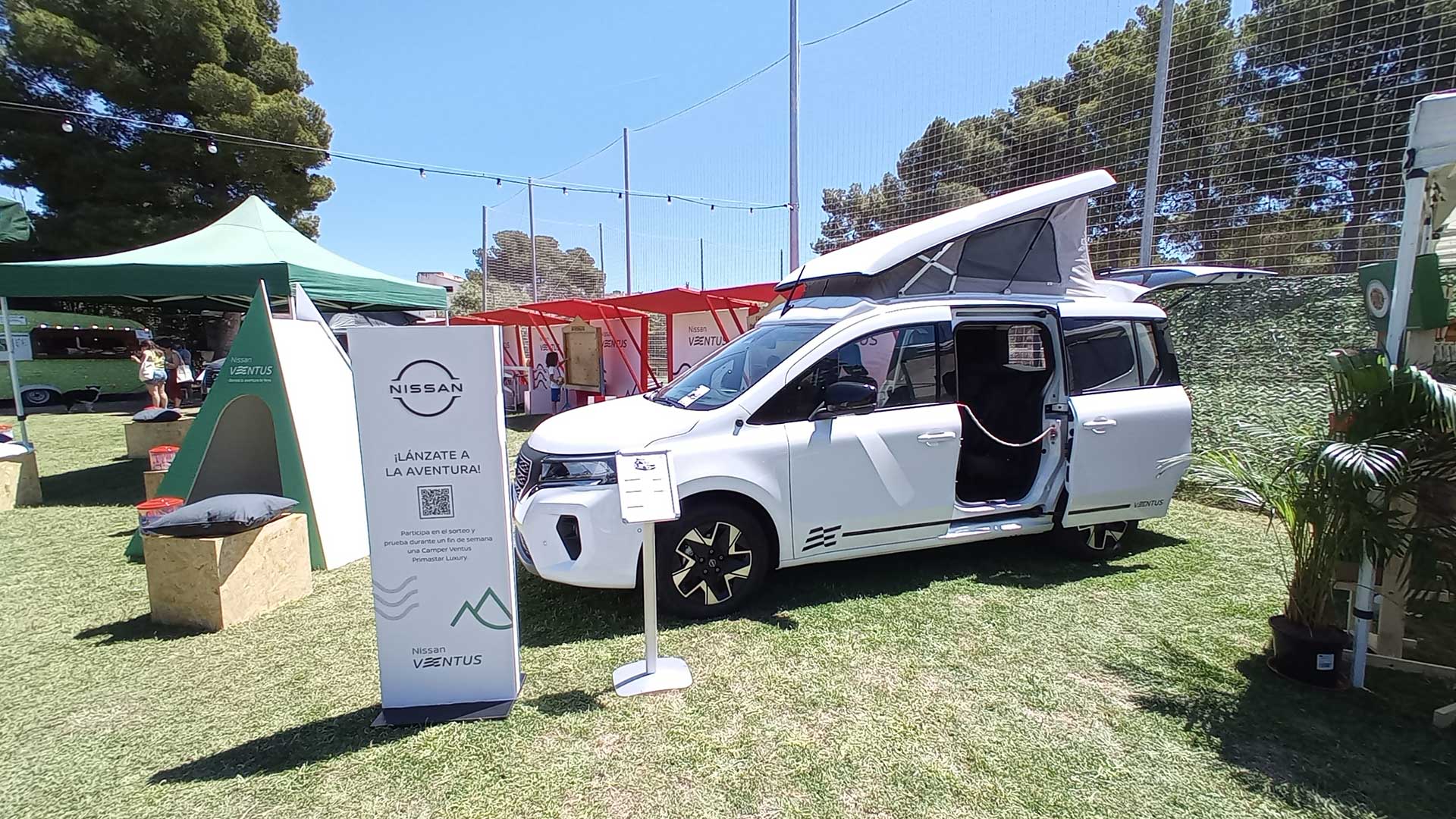Our today’s topic is quite ephemeral and chameleonic, the protocol. Protocol in corporate events takes on different nuances depending on the type of event where you apply it. It's doesn't need much explanation, it’s kind of obvious. Because (and sorry for repeating it over and over) hosting a conference with foreign guests is not the same than organizing a brand launch, an institutional event, or an awards ceremony. So, to narrow the field a bit and to provide the minimum of professionalism required by this blog, let's see the...
Definition
'Protocol' refers to a set of rules and norms that define the guidelines for organizing various types of events and ceremonies. These rules and norms enable an efficient and rigorous execution of these events, while respecting tradition and social and ethical conventions adopted in each specific case.
In such a broad definition, literally anything can fit into this concept. However, speaking in such broad terms would make this article endless. Therefore, let's set aside all those matters that can be sorted out with good planning (such as invitations, guests, program, etc.) and basic rules of etiquette.
In this regard, most B2C events, which involve a brand's interaction with the end customer, inherently lack any content that could be subject to any specific protocol. With the exception, perhaps, of cases involving celebrities. Let's imagine, for example, the launch of sneakers designed by a famous basketball player. The presence of such a media figure who can mobilize a large number of fans will undoubtedly require some protocol guidelines to ensure minimal order and stipulate the interaction between the celebrity and the audience. Otherwise, corporate events in the FMCG segment are governed by the basic rules of common sense.
Corporate business events
In the case of corporate business events, especially those with international presence, the situation is just the opposite. Here, the company's image depends on the strict adherence to the protocol. Any mistake, no matter how small, could be enough to tarnish it. That's why it's crucial to have a professional in the project management team who is well-versed in corporate protocol applied to the organization of formal gatherings of all kinds.
Every detail can be significant, from how the welcome ceremony is organized to how guests are seated. From the order of speeches to the specified time slots for interventions.
And of course, your protocol coordinator must be in continuous contact with their counterpart on the client's side to ensure that every single detail is polished from the very beginning.
Another important aspect to consider is the presence of international guests. As a general rule, cultures that are geographically close do not present significant differences. However, guests from, let's say, Southeast Asia or Africa, may require the adoption of special protocol measures.
Let’s sum up just a few of them as an example. In case of Chinese guests, punctuality is essential, the highest-ranking guest should always be the first to receive greetings, and pointing at something with a finger is considered impolite. It should always be done with an open hand. But for Japanese guests, for instance, a gesture with an open hand and the palm facing upward signifies a negative response. So, be careful. In general, gestures and body language have very strict codes in Japanese culture. Therefore, if you have international guests, look for specific protocol guidelines from their corporate culture. This information is widely available on the internet.
Corporate events with public institutions involved
In these cases, protocol can become even more stringent and, at the same time, much more complex, with a great number of details to take into account.
At 4foreverything, we have a long track record and experience in organizing both corporate events with institutional presence and high-level summits and meetings. Among the events we've had the honor of organizing, we can mention the COP27 Summit in Madrid, the Anti-Terrorism Summit, the OECD Water Governance Meeting, and meetings of one of the leading banks in our country with the Prime Minister and ministerial representatives.
Fortunately, these institutions always have a dedicated department that focuses solely on developing and implementing protocol for such gatherings. That's why it's important to work closely with client’s protocol department since the earliest stages of the project.
















